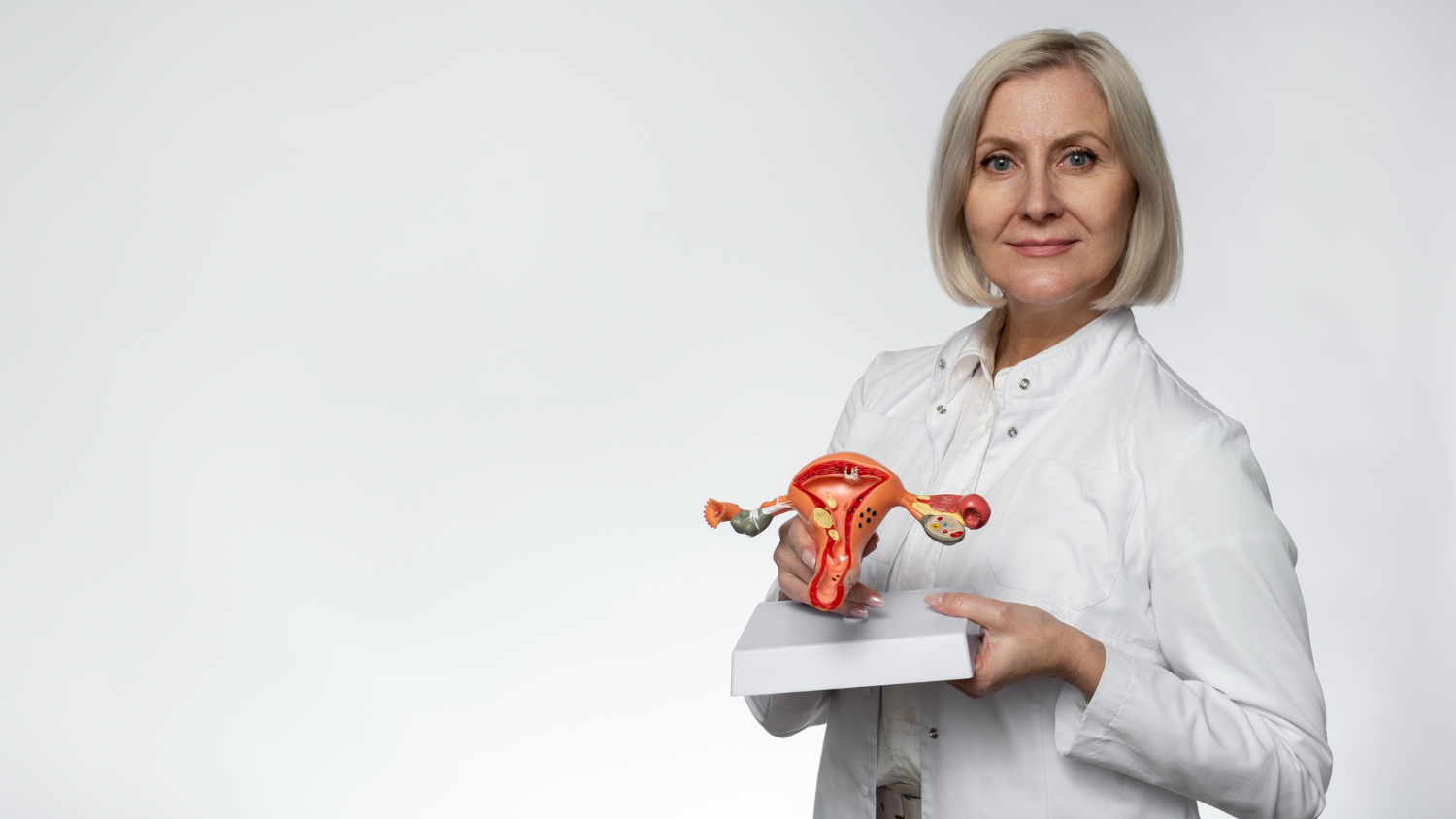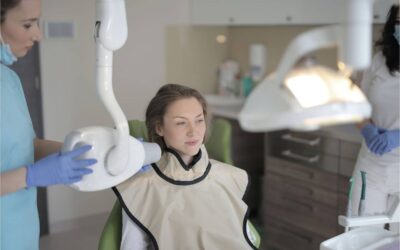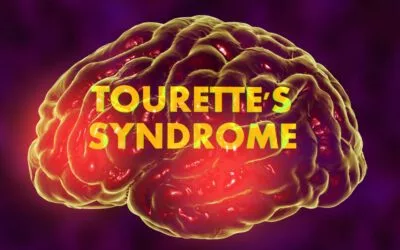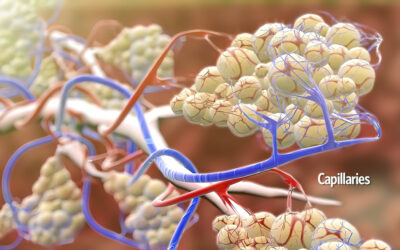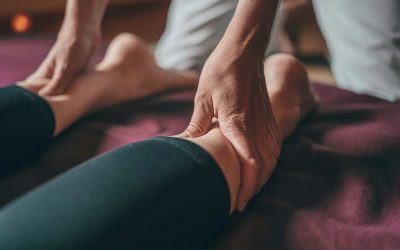Menopause can be a difficult and disorienting time in a woman’s life: not only does your social role change, but your body is undergoing a rapid transformation that can have very uncomfortable symptoms. Hot flashes, mood swings, fatigue, and night sweats are just some of the things you need to worry about; under these concerns lay more significant shifts in metabolism, body composition, and even brain health.
However, you’re not doomed to suffer through menopause: maintaining an active lifestyle can make a big difference in how you age gracefully. Today, we’ll take a look at four things you should consider as you move through menopause, from your health to your overall well-being.
Focus on Bone Health.
Something you may not realize about menopause is that it doesn’t just symbolize an end to your childbearing years, but it also represents a rapid shift in your hormone composition, which in turn affects other body systems. Of particular concern for menopausal women is the risk of osteoporosis: estrogen, which is the dominant hormone between puberty and menopause, helps to protect your bones, and as its levels drop, so does the growth and maintenance of your skeletal system. This makes you vulnerable to developing more porous bones, which can lead to bone fractures.
Calcium is the largest component of your bones, so it’s crucial that you get enough calcium in your diet during and after menopause. If you feel you’re not getting enough from your well-balanced diet, calcium supplements can provide support for your efforts to stay in great shape. The best calcium supplements also have magnesium, which also supports your skeletal system and ensures good muscle function.
Maintain an Active Support System.
Loneliness can be a major concern for those reaching their golden years: your children are generally in the most strenuous years of raising their own little ones, and you may find that your friends are struggling with health concerns and other issues, such as divorce.
Unfortunately, social isolation and loneliness can be incredibly challenging for menopausal and post-menopausal women. A report by the American Heart Association notes that social isolation can contribute to cardiovascular disease in women from 73-85, particularly those who live alone and don’t remain active in the community.
There are many ways to combat this loneliness, including joining a fitness group, attending meetings for social organizations, and volunteering. These prosocial activities keep you connected to others and ensure that you feel fulfilled; they also help build a support system that can assist you should you ever need a favor, such as being driven to a doctor’s appointment.
Keep Your Brain Healthy by Fostering a Love of Learning.
As we age, many of us start to grow worried about the risk of Alzheimer’s or dementia: going through menopause can be a wake-up call that we need to think about how to stay mentally fit in the years ahead.
While a good diet and plenty of exercise can be incredibly helpful to protect your cardiovascular system, which in turn protects your brain, you may not have considered something else just as important: keep your mind active.
Research by Harvard Medical School and the South African College of Applied Psychology agrees that grabbing those textbooks and enrolling in a class can be incredibly helpful for your health, as it supports neurogenesis; in other words, it helps your brain make new connections and can stave off cell death.
More than that, heading to the classroom can help you make new friends and stay connected to the community – plus, community college can be very affordable. Don’t listen to the naysayers who think that college is just for young people: everyone can benefit from a knowledge boost!
Let Go of Prejudiced Views About Menopause.
We often forget how important our mindset can be in how we deal with challenges and life changes. However, how you think about what’s happening to you can have a major effect on whether you seamlessly breeze through menopause or see it as a catastrophe.
Just as men might have a “midlife crisis” as they realize they’re no longer as spry as they once were, so can women: not only are women dealing with the physical effects of menopause, but they may feel sidelined by a society that seems to value youth above all else.
Rather than trying desperately to dye away all your grey hairs or getting Botox for those crow’s feet, see it as a sign that you have survived and thrived over several decades – and that you can for several more. If you view menopause as a transition into a new era of your life rather than a terrifying concept, you’ll find that you appreciate your wisdom and feel proud of your accomplishments over your lifetime. You can also start looking forward and cementing your legacy, making a change in the world that will survive long into the future.
Going through menopause can be disorienting and sometimes frightening, especially when you have unpleasant side effects, but it doesn’t need to be something to fear. Taking care of your health, staying active in your community, and embracing your new status can help you remain positive, ready to make a difference and celebrate your staying power.

 Workout
Workout
 Meditation
Meditation
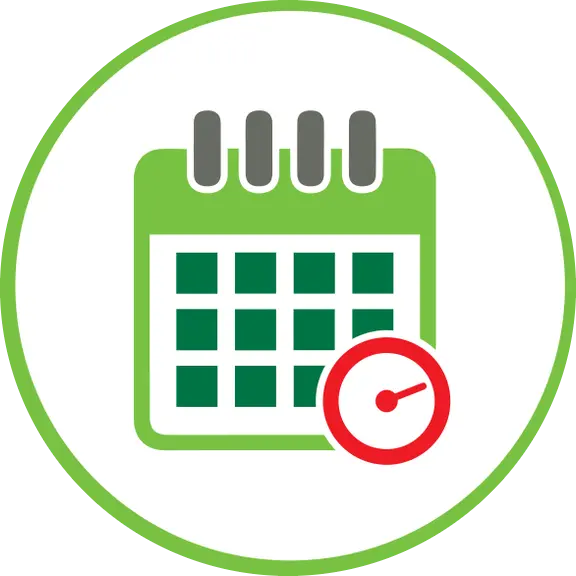

 Stories
Stories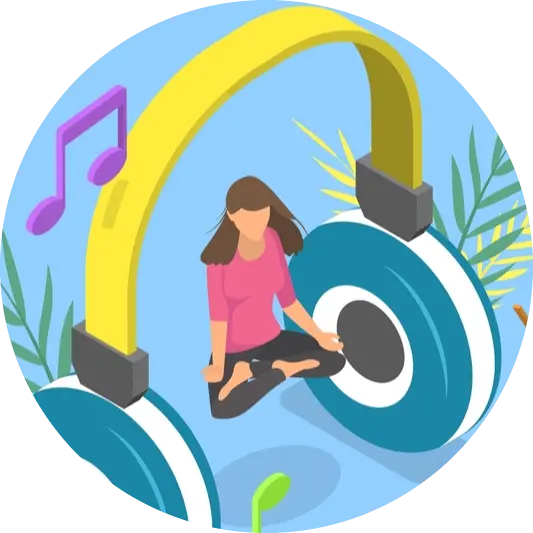


 Podcast
Podcast E-book
E-book